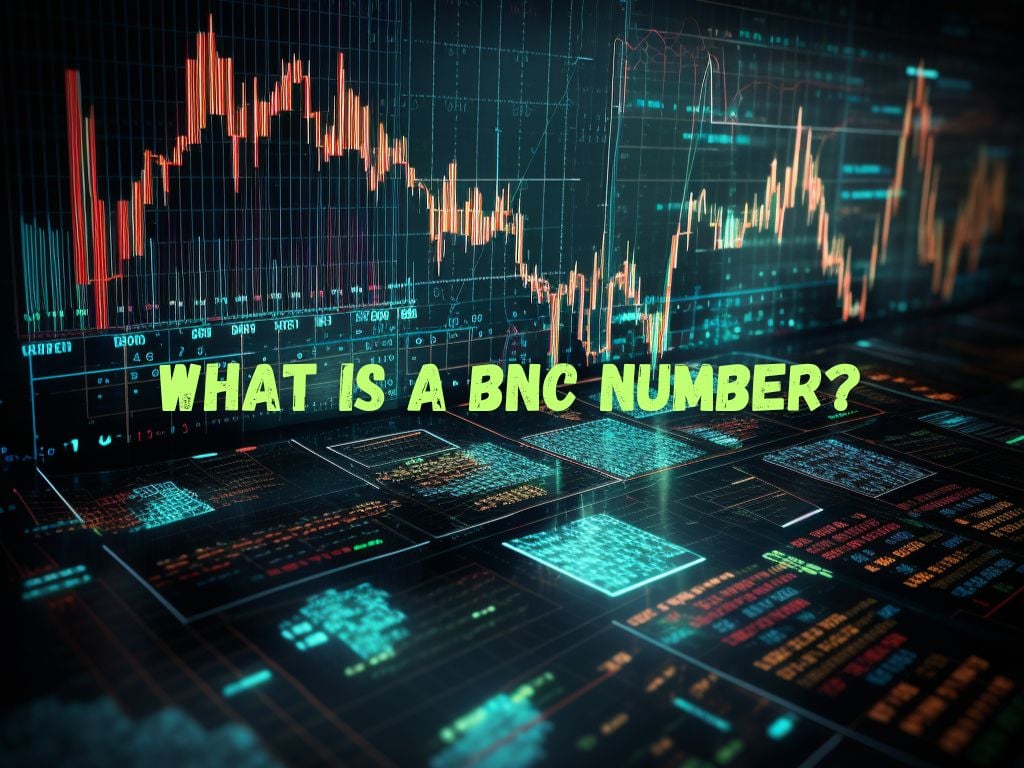If you’re a Medicare beneficiary or Social Security recipient, you may have heard of something called a BNC number.
But what is it, exactly? How is it different from your Social Security number, and why does it matter?
In this guide, we’ll answer all your questions about BNC numbers and help you understand why they’re critical to your financial security.
What is a BNC Number?
BNC stands for Beneficiary Notice Code. It is a unique, nine-digit identifier that is assigned to documents sent from Social Security.
BNC numbers are issued by the Social Security Administration (SSA) and are used primarily for record-keeping and tracking of documents related to Social Security Benefits and Supplemental Security Income (SSI).

BNC Number vs. Social Security Number
While both the BNC number and Social Security number (SSN) are nine-digit identification numbers used within the Social Security system, there are some key differences between the two.
Purpose and Usage:
The SSN is a widely used identification number that is used for a variety of purposes, such as employment, tax reporting, and credit applications.
On the other hand, the BNC number is specific to Social Security and Medicare recipients. It is primarily used to identify mailed documents.
As part of an effort by the Centers for Medicare and Medicaid Services to remove SSN from Medicare cards, BNC was introduced on these cards in FY 2018.
The intent was to limit the access of information related to social security to only authorized government agencies and private companies.
This was after there were serious public concerns related to theft of identity by unscrupulous persons by getting access to the social security number.
Confidentiality:
Your Social Security number is considered highly confidential and should only be shared with trusted parties when necessary.
A BNC number, however, is not confidential like the SSN. It is used within the Social Security and Medicare systems but does not have the same level of sensitivity.
Impact on Identity Theft:
Since the BNC number is used within the Social Security system and not for financial transactions or credit reporting, its exposure does not pose the same risk of identity theft as the SSN.
Protecting your SSN is essential to prevent identity theft, while the BNC number is primarily used for internal tracking and administrative purposes.
Why BNC Numbers Were Introduced
BNC numbers were introduced primarily to improve the accuracy and speed of record-keeping in the Social Security system.
Before BNC numbers, Social Security used an alphanumeric code, consisting of a person’s initials followed by a series of numbers, to identify beneficiaries.
However, as the Social Security system grew, this became increasingly unwieldy and difficult to manage.
In the early 1980s, the SSA began digitizing its records and transitioning to a new numbering system. BNC numbers were introduced in 1983 as part of this process.

How BNC Numbers Help Protect Personal Information
Reducing Exposure of SSN:
By using the BNC number in place of your SSN on documents such as your Medicare card, the Social Security Administration actively reduces the exposure of your SSN.
This helps protect your SSN from potential identity theft or unauthorized use.
Enhanced Privacy:
The use of BNC numbers allows for greater privacy and security within the Social Security system.
It minimizes the risk of inadvertently exposing personal information by limiting the use of sensitive identifiers.
Preventing Fraud:
BNC numbers play a role in preventing fraud and ensuring the accuracy of benefit distribution within the Social Security system.
By using a separate identifier specifically for Social Security and Medicare purposes and removing SSNs from mailed documents,, it becomes more challenging for individuals to exploit personal information for fraudulent purposes.
Focus on System Efficiency:
BNC numbers streamline record-keeping and data management procedures within the Social Security system.
The unique identifier facilitates the accurate and efficient delivery of benefits and services to eligible individuals.
How to Find Your BNC Number
Medicare and social security beneficiaries can find the BNC number on any documents they receive from the SSA.
If you cannot locate a BNC number, you can reach out to your local social security office or the Social Security customer service for assistance. They have access to your records and can provide you with the necessary information.

Why a BNC Number Matters
A BNC number is important because it is used to assist in tracking your Social Security and Medicare benefits and earnings. Here are a few more utilities of this number.
Benefits Administration:
A document’s BNC number is crucial for accurate administration of your Medicare and SSI benefits.
It ensures that your earnings and contributions are properly tracked, allowing the system to calculate and provide you with the appropriate benefits you are entitled to.
Updating Personal Information:
If you need to update your personal information with Social Security, such as your name, address, or marital status, you will need to provide a BNC number to ensure that the changes are correctly applied to your records.
Interaction with Social Security and Medicare:
Whenever you communicate with Social Security or Medicare regarding your benefits, claims, or inquiries, providing a BNC number helps them locate your records quickly and efficiently.
This expedites the process of resolving issues or providing assistance.
Verification of Benefits:
A BNC number may be required when verifying your eligibility for certain programs or benefits, such as applying for housing assistance or accessing additional healthcare services.
You will need to quote the number when requesting for a benefit verification letter.

BNC Number FAQs
Q: Can someone steal my identity with a BNC number?
A: No, BNC numbers are not confidential information like SSN. They are only used within the Social Security system and cannot be used for financial transactions.
Q: Do I need to memorize a BNC number?
A: No. BNC numbers are for documents.
Q: Is a BNC number the same as my Medicare ID?
A: No, a BNC number is different from your Medicare beneficiary ID (MBI).
A: You can share a BNC number with trusted individuals like family members or health care providers, but you should avoid sharing it with people you don’t know.
Q: What is a Medicare Claim Number?
The Medicare Claim Number is a unique identifier assigned to each Medicare beneficiary. It tracks and manages all Medicare transactions, including claims for healthcare services and supplies.
BNC Number: Conclusion
A BNC number is a unique identifier that is used to track your Social Security documents.
It is not confidential information but protects your SSN. With the information in this guide, you should now have a better understanding of what a BNC number is, how it differs from your Social Security number, and why it’s crucial to your financial security.
If you have any further questions, don’t hesitate to reach out to Social Security customer service.


 Tags:
Tags:










